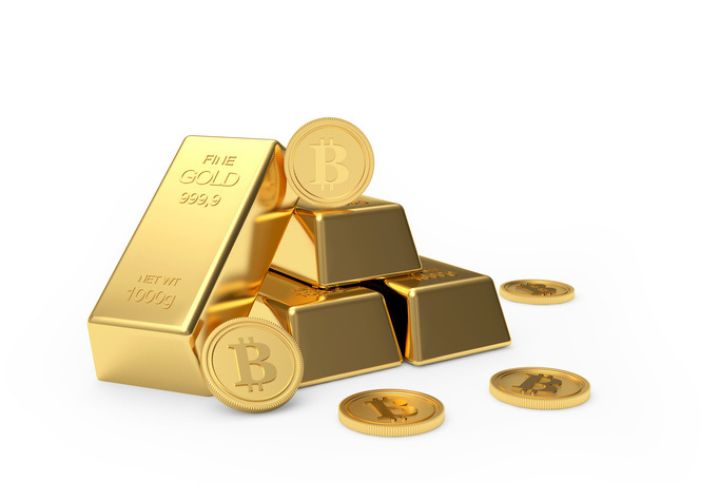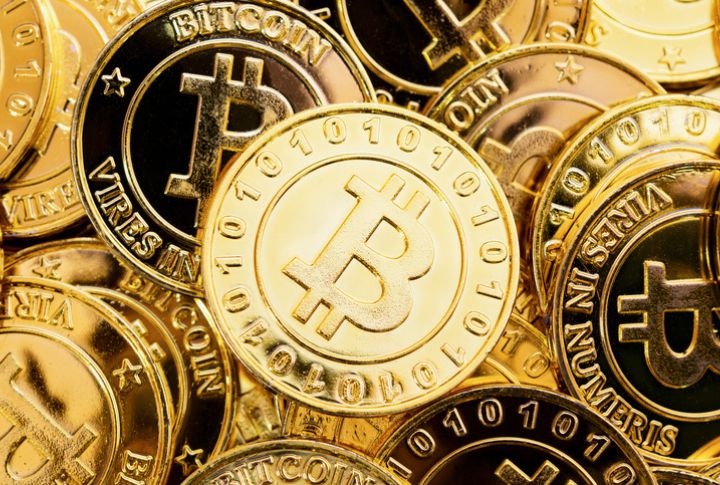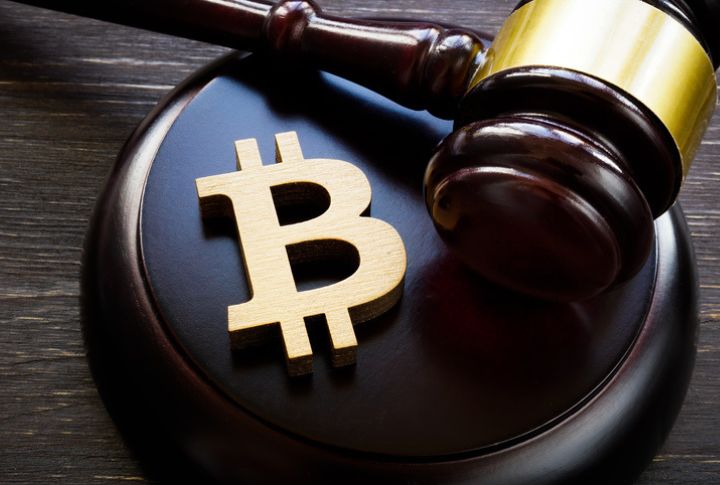
Few debates stir as much fervor regarding investing as the clash between gold and Bitcoin. Both assets command substantial attention from investors seeking refuge from economic uncertainties or avenues for wealth accumulation. As stalwarts of the traditional and digital financial worlds, they represent divergent wealth preservation and growth philosophies. But which reigns supreme as the ultimate store of value and investment vehicle? Let’s dissect the nuances and weigh the merits of gold and Bitcoin in the quest for financial security.
Understanding the Divide: Gold vs. Bitcoin

With its millennia-old allure, gold has stood the test of time as a tangible asset synonymous with wealth and stability. Its intrinsic value derives from its scarcity, durability, and universal acceptance across civilizations. In contrast, Bitcoin, a product of the digital age, embodies the principles of decentralization and cryptographic security. A predetermined algorithm enforces its scarcity, and its value hinges on adoption and technological advancements.
The Better Investment: Gold or Bitcoin?

Determining the superior investment between gold and Bitcoin necessitates a nuanced examination of their respective characteristics and market dynamics. Gold, often termed the “safe haven” asset, historically maintains value during economic downturns and secures against inflation and currency devaluation. Its physical presence lends a sense of tangibility and reassurance to investors.
On the other hand, Bitcoin’s meteoric rise in the past decade has captivated the financial world, offering unparalleled returns to early adopters. Proponents tout its potential to disrupt traditional finance, citing attributes such as borderless transactions, censorship resistance, and limited supply. Yet, its volatility remains a double-edged sword, with price fluctuations veering from euphoric highs to gut-wrenching lows in days.
Pros of Gold Investment: Stability

Gold has maintained its status as a reliable store of value for centuries. Its limited supply and universal acceptance act as a hedge against inflation, economic turmoil, and currency devaluation. During times of crisis or market volatility, investors often flock to gold, driving up its demand and price.
Pros of Gold Investment: Portfolio Diversification

With a gold investment portfolio, you can reduce the risks that come with traditional asset classes like stocks and bonds. Gold’s price moves are independent of other asset classes, providing diversification benefits.
Pros of Gold Investment: Global Acceptance

Gold is a highly liquid asset that enjoys universal recognition and can be easily bought, sold, and transported across borders, making it a reliable form of wealth preservation globally.
Cons of Investing in Gold: Limited Growth Potential

While gold can provide stability and act as a hedge, its price appreciation tends to be more gradual and limited than high-growth assets like stocks or cryptocurrencies like Bitcoin. Gold’s returns are primarily driven by supply and demand rather than productivity gains.
Cons of Investing in Gold: Storage Costs

Safeguarding physical gold bullion or coins necessitates secure storage, transportation, and insurance, incurring additional expenses that can eat into potential investment returns.
Cons of Investing in Gold: Market Manipulation

Large institutional investors, central banks, and governments have the potential to manipulate and speculate on the gold market, thereby distorting the actual value and price movements.
Pros of Investing in Bitcoin: Exponential Growth

Bitcoin’s decentralized nature, fixed supply capped at 21 million coins, and increasing adoption as a store of value and medium of exchange contribute to its potential for astronomical returns over the long term, especially in its early stages of development.
Pros of Investing in Bitcoin: Innovative Technology

Blockchain, Bitcoin’s underlying distributed ledger technology, promises revolutionary changes in finance, supply chain management, and various other industries. It has the potential for disruptive innovation and value creation.
Pros of Investing in Bitcoin: Accessibility

Investing in Bitcoin requires only an internet connection and a digital wallet, enabling participation from individuals worldwide, regardless of their geographic location or access to traditional financial systems.
Cons of Investing in Bitcoin: Volatility

In the past, Bitcoin’s price has been subject to extreme volatility, resulting in wild swings in value that can result in significant losses for investors. This volatility is partly due to Bitcoin’s relatively small market capitalization and speculative nature.
Cons of Investing in Bitcoin: Regulatory Uncertainty

Government regulations and policies concerning cryptocurrencies like Bitcoin remain uncertain and constantly evolving. Some countries embrace them, while others impose restrictions or outright bans. This regulatory uncertainty poses risks for Bitcoin’s long-term viability and adoption.
Cons of Investing in Bitcoin: Security Risks

Cyberattacks, exchange hacks, and the potential loss of private keys (passwords) that grant access to Bitcoin holdings threaten investors in this emerging asset class, necessitating robust security measures and careful management of digital wallets and exchanges.
Verdict

Deciding whether to invest your money in gold or Bitcoin depends on your personal investing style and risk tolerance. If you prefer a conservative approach, gold may be the better choice, as it has been a trusted store of value for centuries. On the other hand, if you are willing to take risks and embrace new technology, you may be drawn to Bitcoin’s potential for high returns. Ultimately, the key is to choose investments that align with your goals and timeline and be an informed investor who does their research — the financial markets are a constantly shifting beast.
